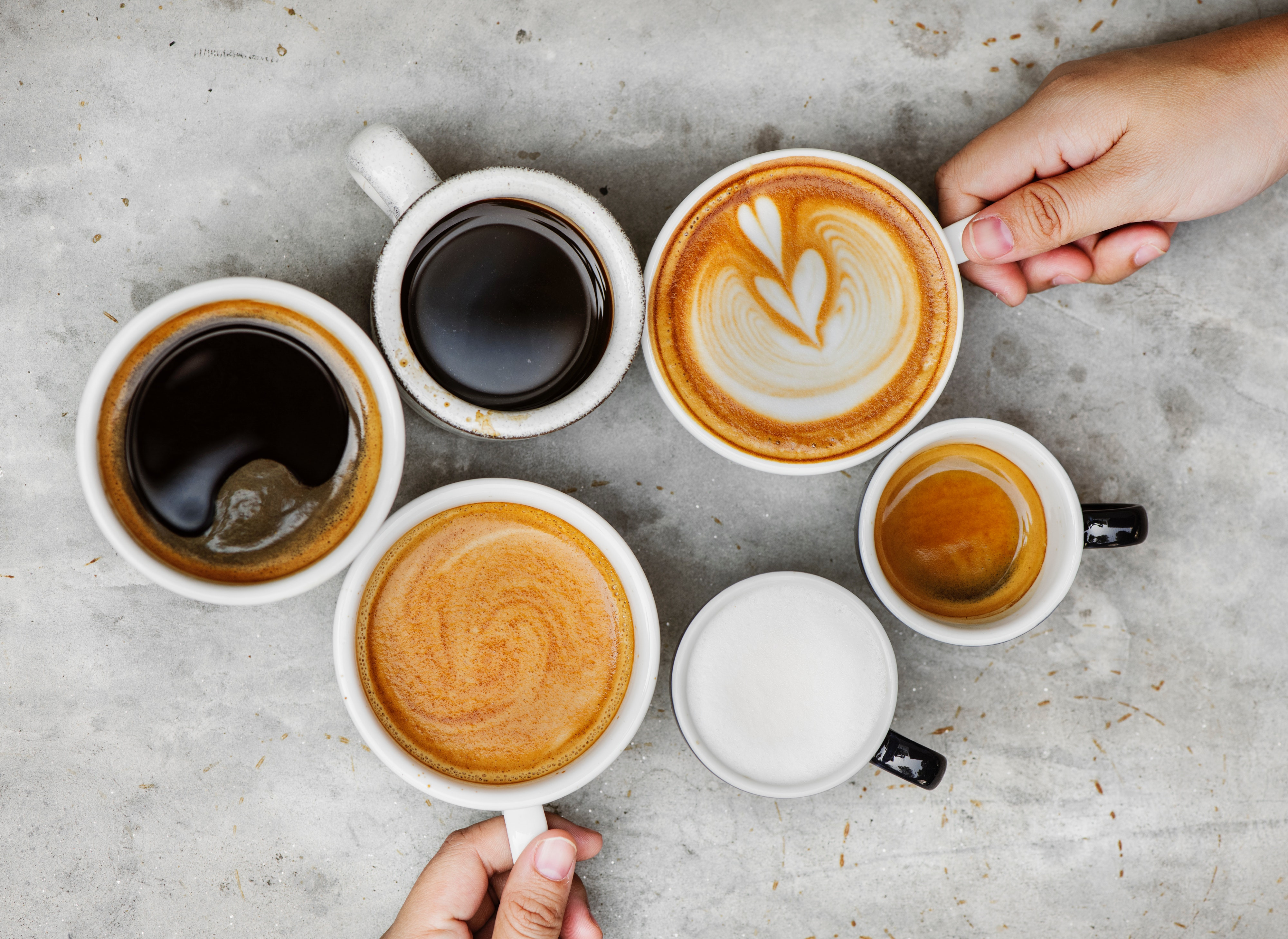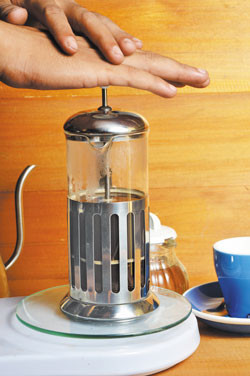Coffee: Love it or leave it?
A few cups may be good for you; too many may be harmful. What's a java lover to do?

Coffee is associated with many health benefits, such as lower blood pressure and a slower rate of weight gain as we age.
Coffee is part of many people's daily routine, whether it's the morning pick-me-up or the evening complement to a satisfying dinner. And it's no wonder: a hot cup of brew is comforting and flavorful. Even better, new evidence continues to associate coffee with health benefits, such as a reduced risk of an early death, as we reported to you in February 2016.
"Our understanding of coffee is evolving. We're learning more about it all the time," says Dr. Eric Rimm, a professor of epidemiology and nutrition at the Harvard T.H. Chan School of Public Health.
The benefits
Coffee comes from the seeds (or beans) of cherries that grow on the coffee tree. When you pour hot water over dried, roasted, ground coffee beans, you get the savory brown brew that so many people—54% of those 18 and older in the United States—drink daily.
The little beans aren't just tasty; they have small amounts of magnesium, potassium, and niacin. They contain caffeine, which can reduce fatigue and improve alertness and concentration. Best of all, they are loaded with potent compounds such as chlorogenic acid and polyphenols, which have antioxidant properties that help prevent damage to your cells.
Dr. Rimm and his colleagues believe the combination of these compounds may delay the absorption of blood sugar, help cells draw sugar from the blood, increase metabolic rate, and help blood vessels contract and relax. Those actions, they suspect, account for why coffee is associated with lower blood pressure, slower rate of weight gain with age, and reduced risks for developing type 2 diabetes or dying from cardiovascular disease or neurological diseases. "Where we clearly see the greatest benefit is in the realm of diabetes and obesity," says Dr. Rimm.
The risks
Dr. Rimm says health benefits are associated with an intake of one to five cups of coffee per day, and for many health conditions, it doesn't matter much if the coffee has caffeine or not. However, in some people, too much caffeine—more than 300 milligrams per day—may lead to insomnia, nervousness, heart palpitations, and the jitters. Caffeine taken in after noontime is particularly likely to interfere with sleep. "If you're drinking coffee and getting less sleep every night, you may be putting yourself at risk for developing other chronic conditions over the long term," says Dr. Rimm. Too much caffeine may also raise blood pressure. The negative effects of caffeine go away when you stop consuming it.
Coffee's other risks are oily substances called diterpenes, such as cafestol and kahweol. They make it into your cup if you don't use a coffee filter (see "French press coffee"). "Five to eight cups a day of unfiltered coffee may actually raise your 'bad' LDL cholesterol," says Dr. Rimm. If you must drink unfiltered coffee, Dr. Rimm recommends keeping an eye on your LDL cholesterol levels, in case they start to rise.
What you should do
The biggest risks of coffee come from what you may add to it: cream, sugar, or sugary syrup. These add saturated fat and empty calories to your diet, boost your blood sugar, and promote weight gain. So be careful about what you put into your cup.
Finally, keep your coffee habit in check: stick to no more than five cups per day to keep your coffee intake at a safe level. And if coffee isn't already part of your daily routine, don't worry about starting a love affair with the drink; there are plenty of other ways to stay healthy.
French press coffee: All the rage, but is it different? |
Top Image: Luqman Hafiz / EyeEm/Getty Images
Disclaimer:
As a service to our readers, Harvard Health Publishing provides access to our library of archived content. Please note the date of last review or update on all articles.
No content on this site, regardless of date, should ever be used as a substitute for direct medical advice from your doctor or other qualified clinician.
















